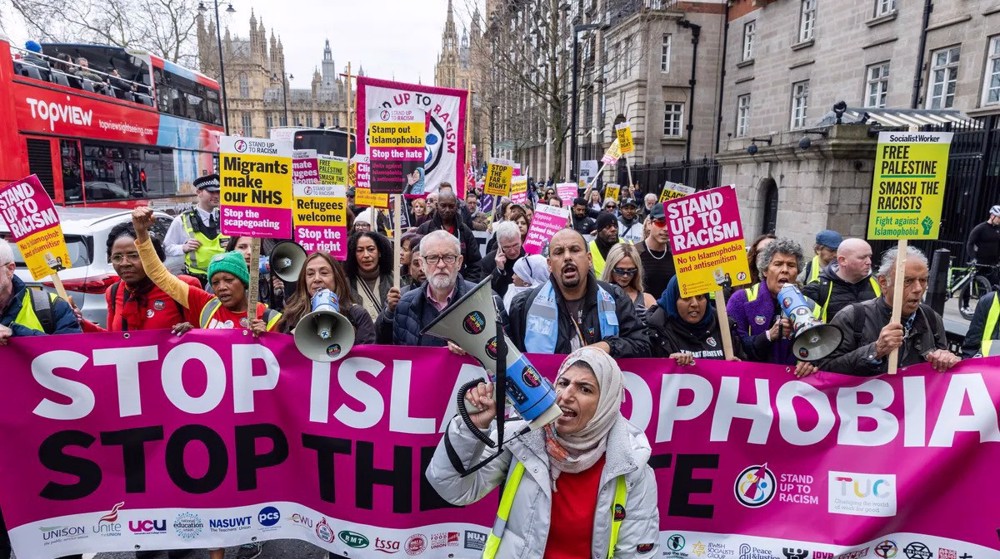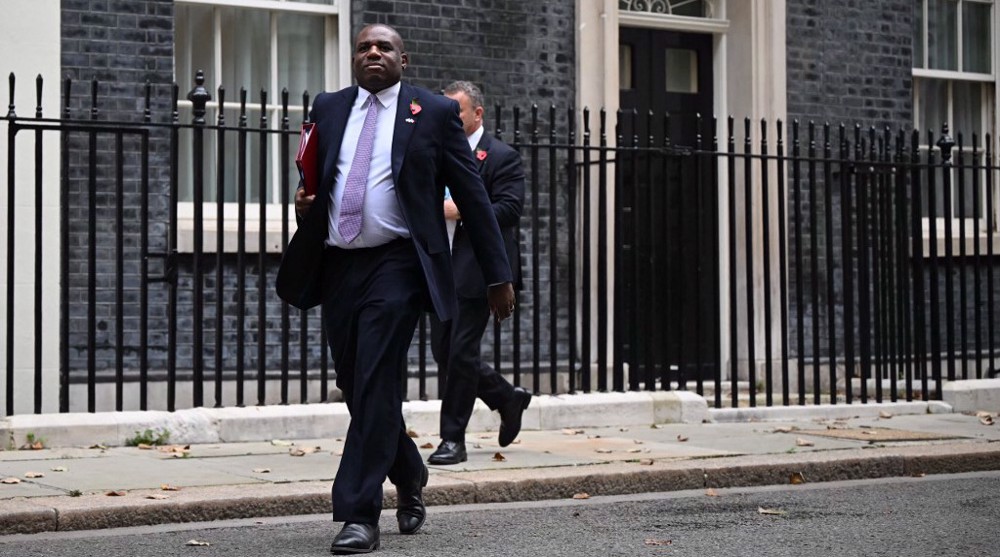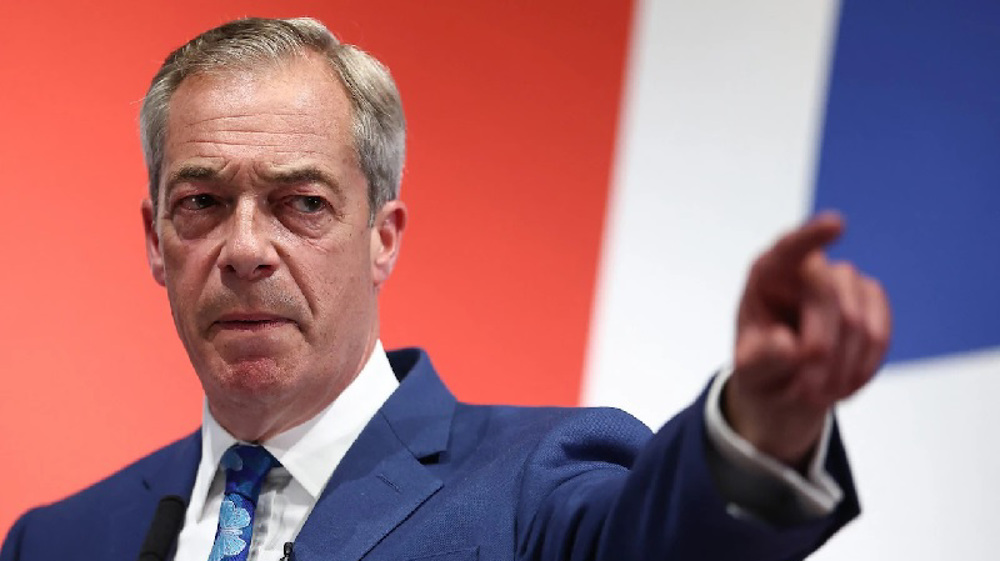Tories Threaten the EU as Part of Their No-Deal Strategy
The Brexit Secretary Stephen Barclay has struck a combative posture of late, effectively trying to extort concessions from the European Union (EU) by threatening to press ahead with his no-deal agenda.
Writing on the Mail on Sunday on August 04, Barclay confidently tells Michel Barnier, the EU chief negotiator, that he needs a new “mandate” from his “masters”.
The condescending language is in keeping with the new Tory government’s strident approach to EU negotiations.
Barclay’s latest bluster was preceded by the new Chancellor Sajid Javid’s decision to double funding for a no-deal Brexit.
Announcing his decision on July 30, Javid pledged £2.1b in extra funding on top of an existing £2.1b already set aside for Brexit. Javid claims the extra funding will “turbo-charge” preparations for a no-deal Brexit.
The Tories’ main objection to a Brexit deal is the Irish border “backstop”, a position vehemently demanded by the EU.
The backstop is a position of last resort to ensure a frictionless border on the island of Ireland. Essentially it involves Britain retaining a close relationship with the EU if a final deal does not guarantee a soft border.
The Tories claim the backstop is “undemocratic” as it will “trap” the population in Northern Ireland into a potentially indefinite arrangement with the EU.
Technically speaking the backstop issue is a classic example of an irresistible force meeting an immovable object. The EU insists that any Brexit deal must include it, whilst the Tories have categorically ruled it out.
Whilst few doubt the new Tory government’s determination to exit the EU without a deal, doubts have emerged about their ability to do so. With their working parliamentary majority reduced to just one in the wake of the Brecon and Radnorshire by-election, the Tories will struggle to steer the House of Commons into the turbulent waters of a disorderly exit from the EU.
But what about the Tories’ threat to shut down (prorogue) parliament in order to keep to the deadline of exiting the EU on 31 October?
In theory that is possible but Johnson is expected to meet stiff resistance if he decides to suspend parliament to get his way. On July 17, MPs passed a backbench amendment by a majority of 41 votes to block any future attempt at prorogation.
Meanwhile the leader of the opposition Labour party, Jeremy Corbyn, has accused Johnson of "trying to slip no deal through, slip past Parliament and slip past the British people", and that was "not acceptable".
To quote Stephen Barclay, no-deal may be “coming down the tracks”, but at what cost to the Tories, parliament and the country at large?
VIDEO | Jordanians continue rallies to denounce Israeli genocide in Gaza, Lebanon
6 Israeli soldiers commit suicide: Reports
Diplomat discourages recourse to pressure, intimidation, confrontation against Iran
UN: 2024 deadliest year for aid workers amid genocide in Gaza
Gaza health official warns of hospital shutdowns within 48 hours
Israel kills 5 more paramedics in southern Lebanon: Health ministry
Iran to launch ‘new, advanced’ centrifuges in response to IAEA resolution: AEOI
Yemen fires hypersonic missile at Israeli airbase










 This makes it easy to access the Press TV website
This makes it easy to access the Press TV website